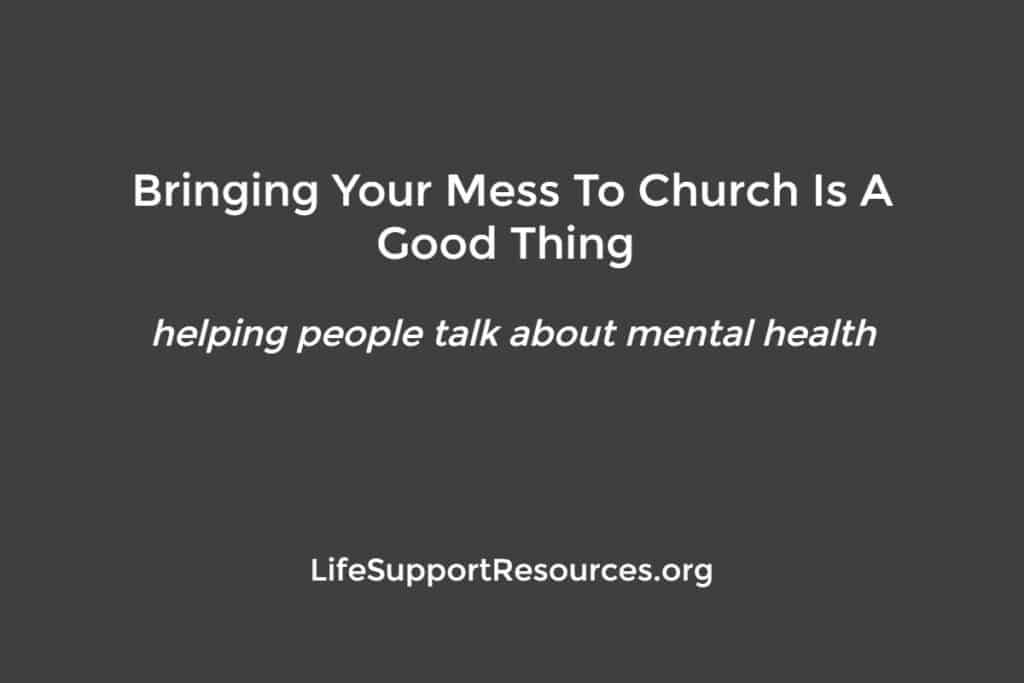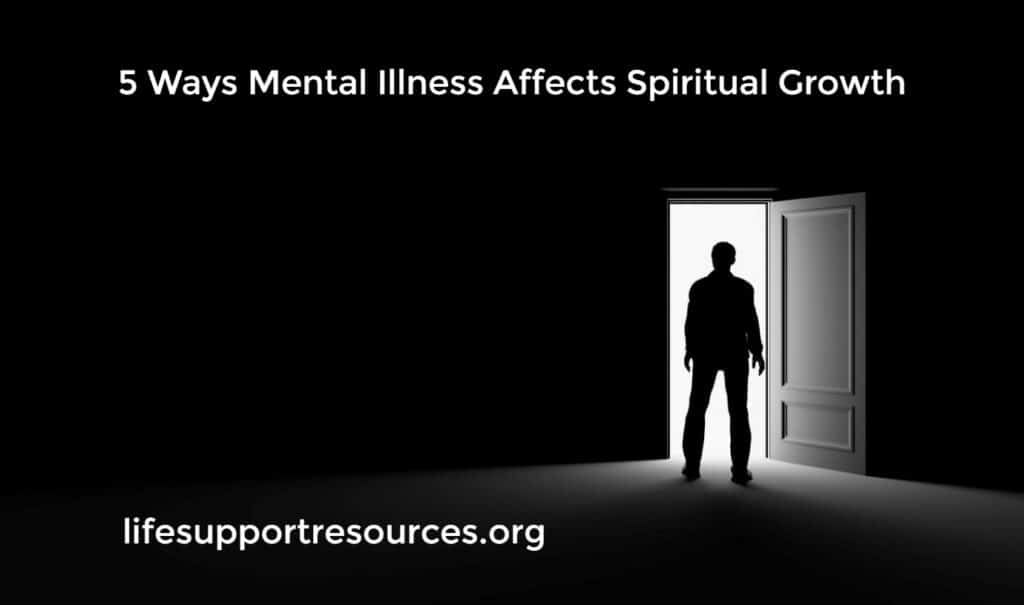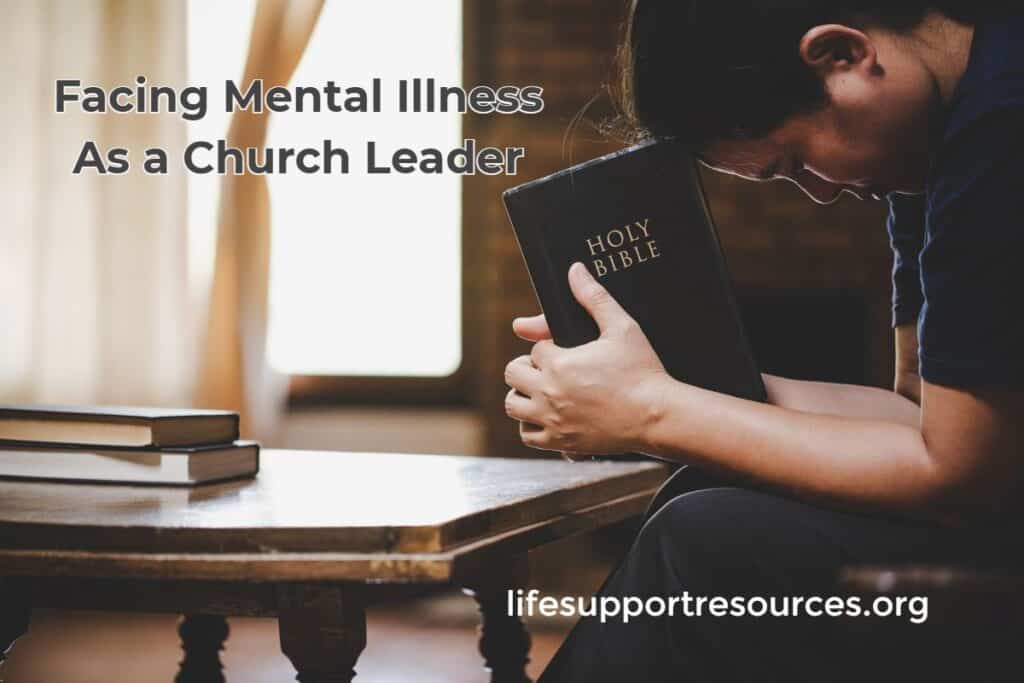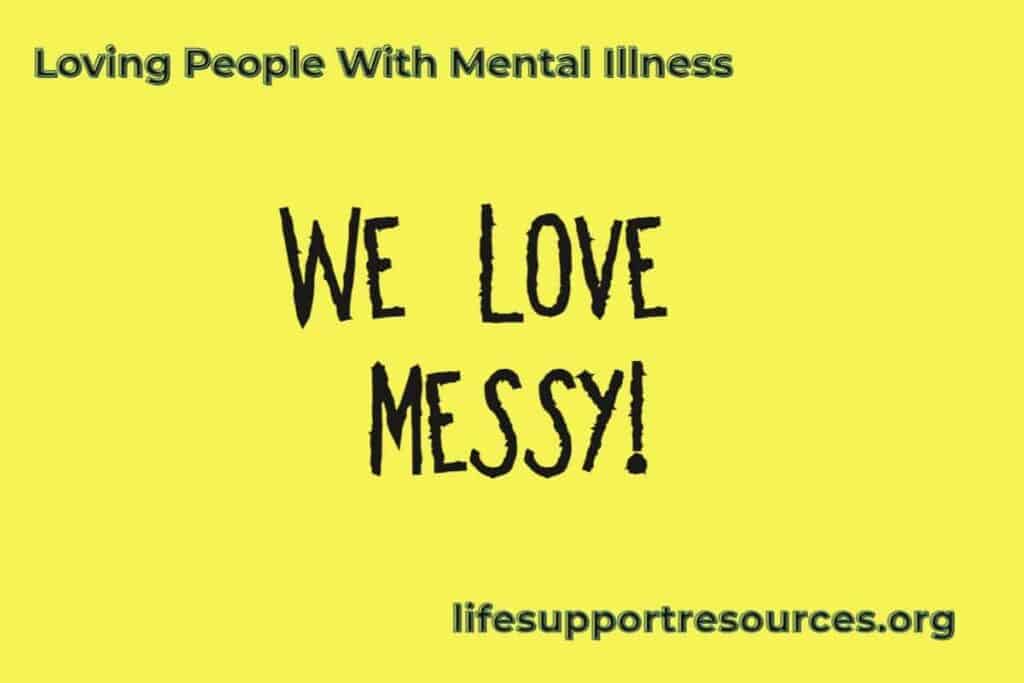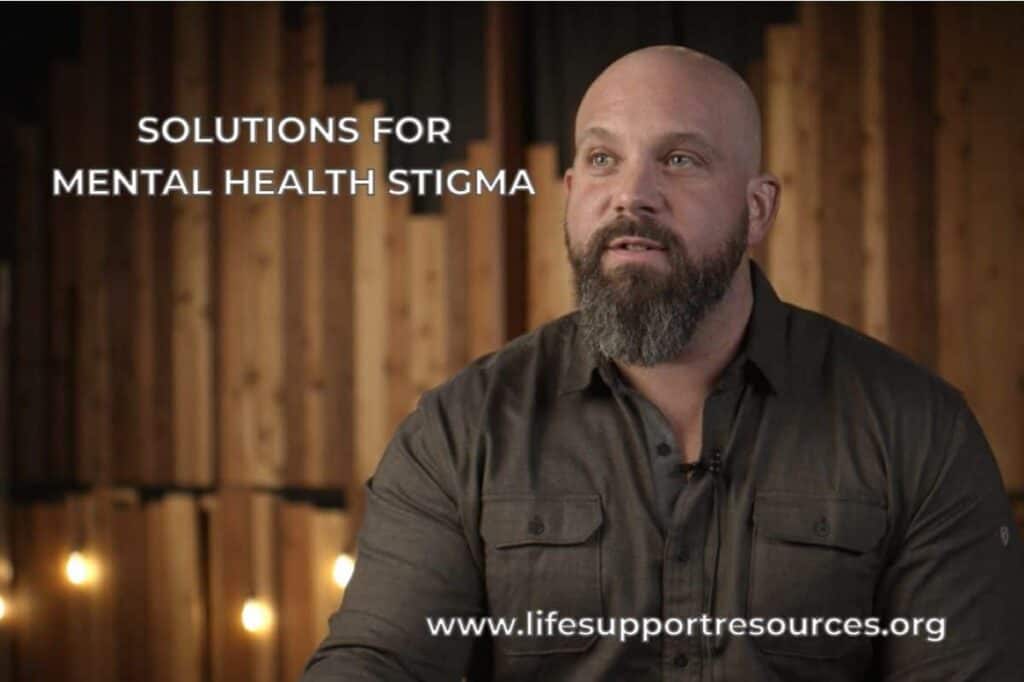Bringing Your Mess To Church Is A Good Thing
Helping People Talk About Mental Health
There are lots of reasons people don’t like to talk about mental health struggles.
- We don’t want to make others uncomfortable
- We don’t like to be seen as weak
- We’re afraid of professional repercussions
- We think we’ll be treated differently
- If we talk about our problems we’ll have to actually do something about them.
When it comes to church, some people believe that their personal issues won’t be welcome or that the messiness of life doesn’t belong at church.
For those who work in church ministry, being open with mental health struggles can be very challenging. Pastors and other ministry workers can feel a pressure to be examples of some imaginary Christian ideal. Church staff also carry the weight of always needing to “be there” for others, which makes it easy to set their own struggles aside so they can focus on caring for others.
The Mess Belongs In Church
There are people in every church who are simply consumers. They show up each week with expectations of what church should look like. These people often don’t like change and they don’t want to see messiness. If you are reading this you probably see the value in welcoming the messiness of life. The “Consumers” need your help to see that when people can bring their mess to church, authentic discussion can happen and it becomes possible to talk about the way God fits in even the ugly parts of life. One of the important jobs of ministry is to help everyone in the church see that dealing with the mess is an essential part of who the church is. One of the most important, ugly things to talk about is suicide.
Suicide Isn’t Going Anywhere
- The number of suicides in the United States is rising dramatically from 36,900 in 2009 to more than 48,000 a decade later.
- Suicide is the tenth leading cause of death in the United States.
- Every 40 seconds, someone in the world is dying of suicide. Every 40 seconds. Let that sink in. Since you started reading this post, at least two people have died by suicide.
- Every year, over a million people, worldwide, die of suicide.
Before His Death By Suicide, One Pastor Shared His Wisdom For The Church
Fortunately, there are simple solutions for stigma of mental health in the church.
You don’t have to be a trained counselor or therapist to stop stigma in its tracks.
“Here is what we have to realize: You don’t have to do a lot to help a lot,” said Jarrid Wilson on The Carey Nieuwhof Leadership Podcast.
Wilson was a pastor at Harvest Christian Fellowship Church in Riverside, CA who struggled with mental health for many years. His death by suicide in 2019 shocked the world and brought much-needed attention to the topic of mental health in the church.
“The reality is, if the local church wants to be the hope of the world, then it needs to step into situations that people find themselves hopeless, and one of those things is mental health,” Wilson said. “That doesn’t mean you have to suddenly create 40 books, or a curriculum…you can literally stand on a stage and say, ‘Hey, I know a lot of you are dealing with depression and suicidal thoughts right now, I just want you to know, as leaders of this church, we love you, we care about you, we know that is the battle you are dealing with and we will be here to support you. If you are struggling, don’t be ashamed. Come talk to us.’ That right there, just talking about it, is what will end the stigma and could literally save lives because then someone might be like, ‘Wow, I am not ashamed because I can talk to someone about this because my church has my back.’”
Simply talking about mental health and welcoming those to just come share about it is the first, and biggest, step to ending stigma in your church.
4 Ways To Help Your Church
- Start With Your Team – Make sure your church staff knows that it’s okay to bring their mess to work with them. Build in processes and opportunities for sharing, staff to staff support teams, and bring in or refer staff to trusted mental health professionals when needed.
- Lead By Example – If you work in ministry, start by talking about any struggles you have. If you teach from the platform, be willing to let your church family in and show them that it’s okay to talk about these subjects. Help them see that God can be part of their struggles and their solutions.
- Be Prepared to Respond – Make sure your staff members (and lay-leaders) have the information and equipping they need to respond when someone comes to them with real life struggles. Be prepared with referral information to appropriate professionals. If you are in Minnesota and are looking for a Christian mental health professional in your area, check out our directory here with listing by city.
- Offer Training to Your Church – at LifeSupport, we offer churches our Caring For Mental Health curriculum free of charge to help equip the Body of the Church to come alongside others in need of support. Get more info, access, and/or facilitator training here.

